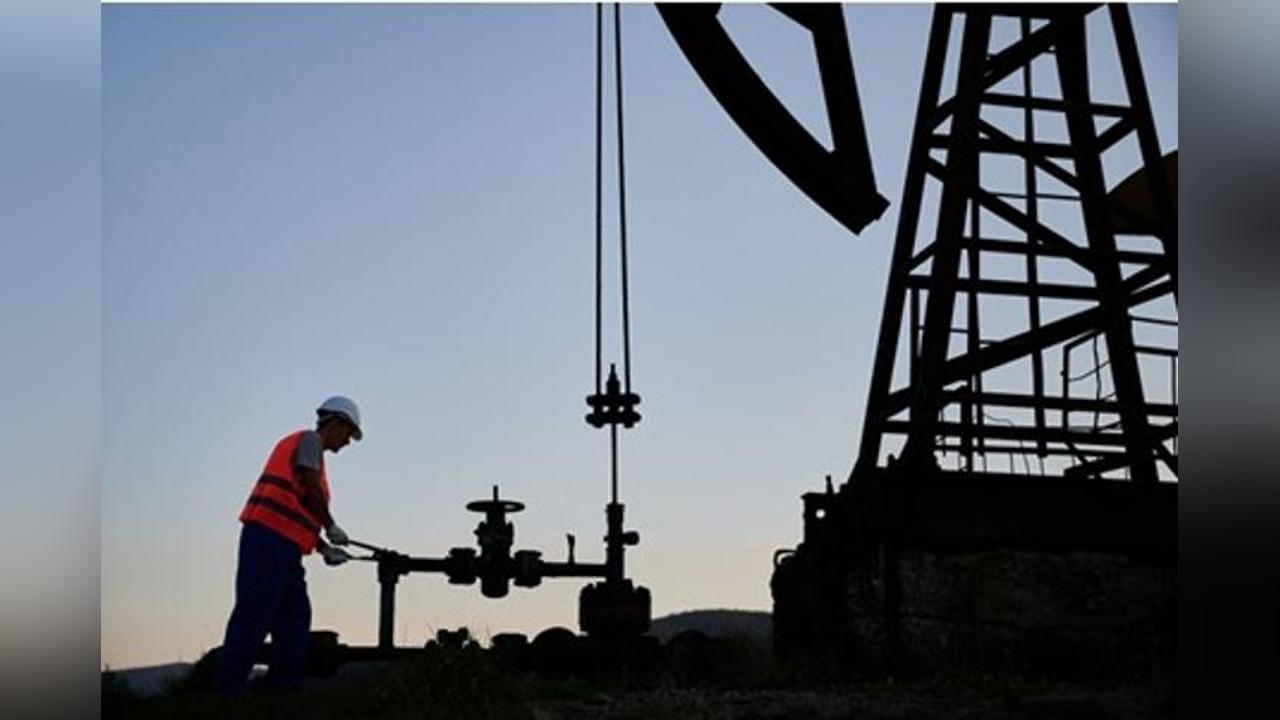By Ousman F M’Bai
Africa-Press – Gambia. Introduction
On 20 December 2024, Senegalese Prime Minister Ousmane Sonko made a landmark declaration at the Sir Dawda Jawara Conference Centre during a bilateral trade and investment forum with The Gambia’s Vice President, Mohammed Jallow. For the first time, a Senegalese leader publicly acknowledged the potential for shared hydrocarbon resources in the MSGBC Basin and called for joint exploration and production.
While this may have appeared as a progressive gesture, it also pulled the curtain on a darker reality — that The Gambia’s share of oil and gas has been actively suppressed, concealed, and likely expropriated, not only by corporate giants but by local facilitators, corrupt officials, and legal enablers. The facts are now beginning to surface.
The MSGBC basin: Riches beneath, deception above
Stretching from Mauritania to Guinea-Conakry, the MSGBC Basin is one of the most promising petroleum frontiers in Africa. The Senegal-Gambia section, in particular, includes The Gambia’s A2 and A5 blocks — geographically adjacent to Senegal’s SNE Sangomar field, which began production in mid-2024.
Sonko’s statement acknowledges what geological data has long suggested: that Gambia’s A2 block likely shares a reservoir with Senegal’s Sangomar. But while Senegal pumps millions of barrels, The Gambia has not seen a drop — thanks to opaque deals, political betrayal, and legal engineering.
A web of collusion: FAR Ltd., Woodside, and the betrayal of Gambia
FAR Ltd’s Strategy
FAR Ltd, a small, undercapitalised Australian firm, targeted The Gambia and Senegal with a strategy of maximum return for minimum effort. In Senegal, Cath Norman cultivated close ties with then-President Macky Sall, eventually securing $126 million in cash from Woodside Energy for FAR’s exit, with another $55 million contingent.
In The Gambia, Rolf Stork coordinated with the Ministry of Petroleum and the Petroleum Commission, acquiring 100% licensing rights in the A2 and A5 blocks, and orchestrating a license extension just before FAR’s quiet exit — without penalties or liabilities. A lucrative farm-out deal with Petronas was also engineered.
Yet, critical drilling data — especially about the Bambo well’s failure to hit commercial targets — was never released. Nor was pressure data that could confirm or dispute the reservoir’s viability.
Who enabled it? The legal and political infrastructure
Behind the scenes, local legal facilitation played a pivotal role: Amie Bensouda & Co LLP, legal counsel to several parastatals, was retained by FAR Ltd.
Her son, Aziz Bensouda, served directly as FAR Gambia’s local counsel.
They helped register FAR (Gambia) Ltd., negotiated exploration licenses, and facilitated the farm-out to Petronas.
Shockingly, none of the transactions or funds related to these deals passed through Gambian financial systems. While no direct criminal evidence is available, the lack of transparency raises serious questions about fiduciary misconduct and state capture.
The Gambia Petroleum Commission and other suspects
Political operatives such as Jerreh Barrow, Fafa Sanyang, and the Bensouda legal-political network interacted extensively with FAR Ltd. during its operations. Was Gambia’s national interest sold off under the guise of technical complexity?
Macky Sall, Petrosen, and the shadow deals
Allegations are mounting against Macky Sall and his inner circles.
He is accused of siphoning wealth via Manar Sall & Co, with $784 million in false debt pushed to Petrosen.
Another $110 million in unmet obligations remain unaccounted for.
Senegalese authorities have reportedly begun investigating, including potential asset seizures.
Sall’s government pushed unitisation agreements with Mauritania, securing shared revenue over the GTA gas field, while excluding The Gambia from similar accords, despite geological justification. This duplicity has worsened inequality and undermined regional trust.
Senegambia Relations: From confederation to exploitation
Since the Senegambia Confederation collapsed in the 1980s, political trust between the nations has oscillated. While the union was supposed to symbolise Pan-African integration, it fell victim to power imbalance and weak Gambian leadership under Jawara — vulnerability mirrored again during the FAR-Woodside saga.
During Macky Sall’s reign, Gambia’s dependency on Senegalese intelligence operatives meant its sovereign decisions, especially on petroleum, were heavily influenced — if not overridden — by Dakar.
A moment of reckoning: What Sonko’s statement really means?
Prime Minister Sonko’s remarks mark a possible pivot. But they also force a reckoning: why was The Gambia sidelined for so long, and who enabled it?
For The Gambia to recover, a full technical audit is non-negotiable — not just of seismic and reservoir data, but of licensing procedures, contracts, payments, and the roles of key individuals and firms, both domestic and foreign.
This includes: FAR Ltd and its corporate partners
High treason charges must follow
Where evidence shows deliberate concealment, collusion, or sabotage of national interest, charges of economic sabotage and high treason must be pursued. No individual — whether former ministers, legal enablers, or corporate intermediaries — should be shielded.
Moving Forward: From Betrayal to Sovereignty
The Gambia must:
1. Launch an independent audit into all petroleum dealings from 2017 to 2025.
2. Engage Senegal on immediate unitisation discussions regarding shared reservoirs.
3. Reform the Petroleum Commission, stripping it of captured elements.
4. Reclaim data and payments currently withheld.
5. Publish all contracts and farm-outs for public scrutiny.
Conclusion: Reclaiming what was stolen
The MSGBC Basin holds the power to transform The Gambia’s future. But without transparency, courage, and legal action, this blessing will remain a curse.
Prime Minister Sonko may have opened a diplomatic door, but it is up to The Gambia to walk through it with strength, integrity, and clarity. Let us rise to the moment — and ensure that the story of our oil is no longer written by thieves and traitors.
Source: The Standard Newspaper | Gambia
For More News And Analysis About Gambia Follow Africa-Press






